‘Shocking waste’: UK NHS spends over £1m per week on private ambulances as staff strikes deepen
UK National Health System (NHS) is spending more than £1m a week on private ambulances to cope with 999 calls, a leading union has revealed, as shortage of staff and ambulance drivers’ strikes create new dilemmas for the health system.
In a damning report published on Sunday, Unison warned of “shocking waste” as more than a dozen private firms are hired in England to respond to the overwhelming demand in face of the ambulance crisis across the NHS system.
Unison said its figures were based on responses from two-thirds of ambulance trusts in England that pay commercial companies to provide cover for critical patients.
Crews and vehicles are booked by trusts up to a year in advance to be on standby to respond to emergency incidents such as strokes and road traffic accidents, Unison said.
Speaking ahead of the union's annual health conference in Bournemouth, Unison's head of health Sara Gorton said: “This spend on private 999 services shows a lack of long-term planning and is a shocking waste of money.”
“It's nothing more than a sticking plaster solution. Ambulance services are in a desperate state because the government has failed to invest long-term,” she added.
“Patients are waiting ages for help to arrive or worse still dying before crews can reach them. Others are stuck in emergency vehicles outside hospitals for hours and hours on end waiting for a bed,” she warned, calling on the government to offer “proper funding to tackle increasing demand and pay staff properly.”
NHS staff with different positions, such as nurses, medics, ambulance drivers, or junior doctors, have been striking throughout the last few months in a dispute over pay and conditions, creating chaos across the system.
Despite Unison members accepting a pay deal, negotiations are ongoing with the Royal College of Nursing, whose members are set to strike on 30 April after rejecting the offer.
NHS nurses in emergency departments, intensive care, and cancer wards will also take industrial action for the first time.
Chief executive of the NHS Confederation, Matthew Taylor, raised the alarm over the possibility of nurses' and junior doctors’ simultaneous strike in the dispute.
“We are concerned about the speculation that the possibility of a combination of junior doctors' and nurses' action, so both of these things would be a significant escalation,” he told Sky News.
“It's very difficult to see how either of those things wouldn't endanger patient safety and dignity,” he added.
Apart from the health system, staff across other industries in the UK are going on strikes now and then as the cost-of-living crisis weighs on people’s lives.
Hezbollah attacks Israeli forces after Lebanese homes blown up
World leaders, states hail ICC arrest warrants for Netanyahu, Gallant
MP: US accountable for possible Israeli 'foolishness' to attack Iraq
VIDEO | Israeli policies strangle Palestinian agriculture, economy
Iran's president offers condolences to Pakistan over terrorist attack
Canada’s Yukon town council at standstill over refusing oath to King Charles
Yemen's Houthi calls for jihad to protect Palestine against Israel
VIDEO | Internal rifts within Israel


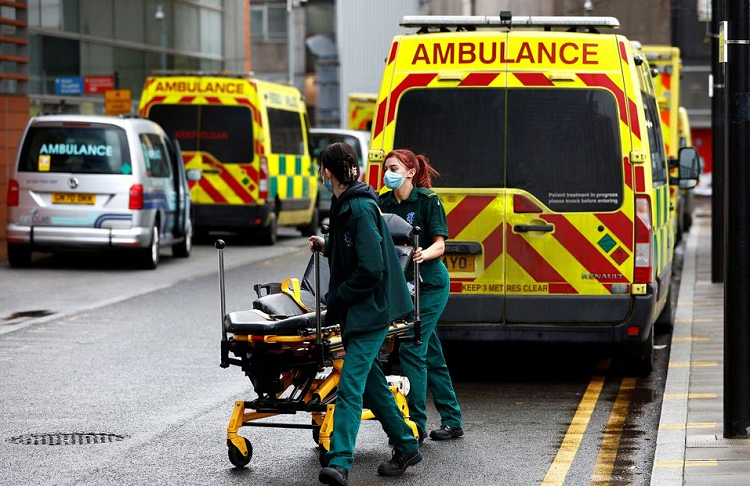
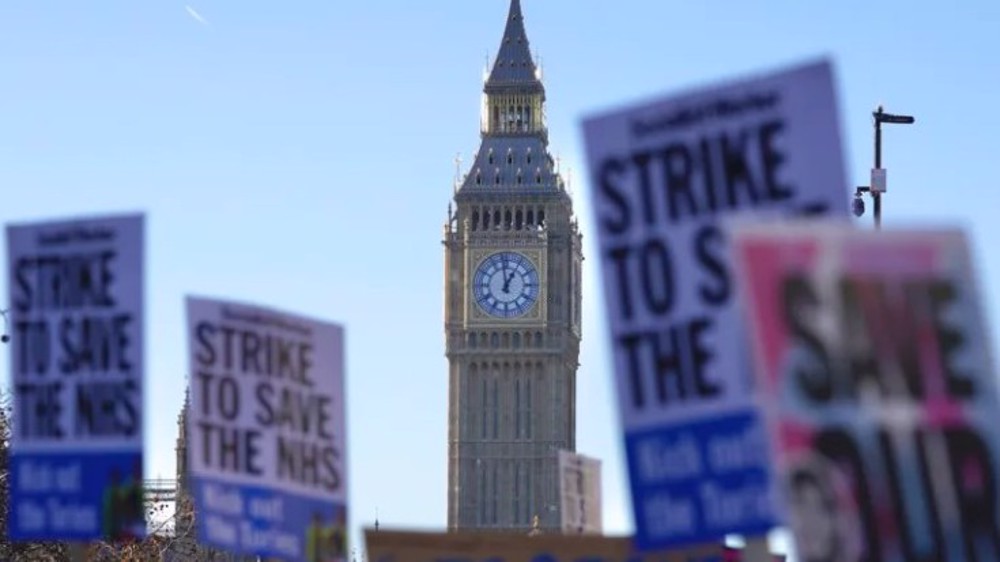
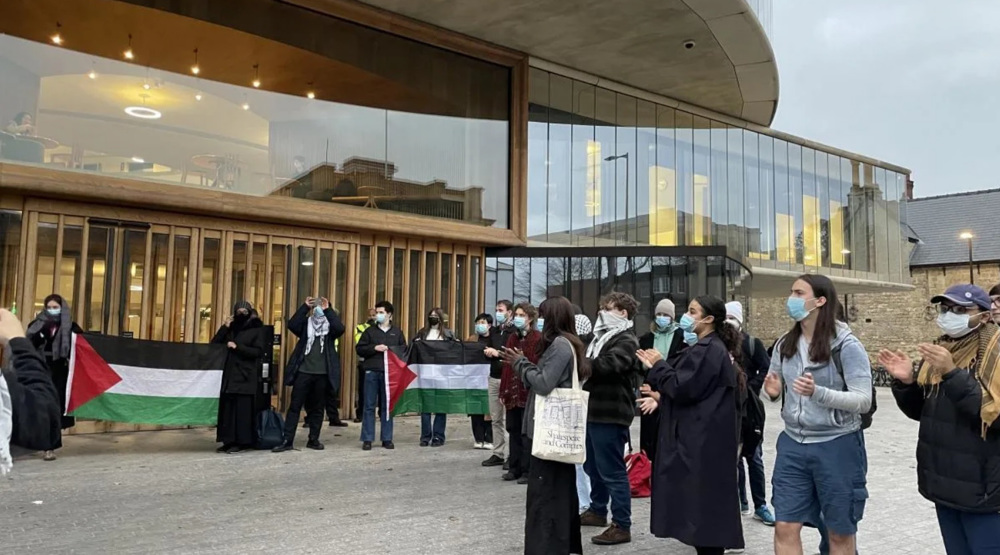
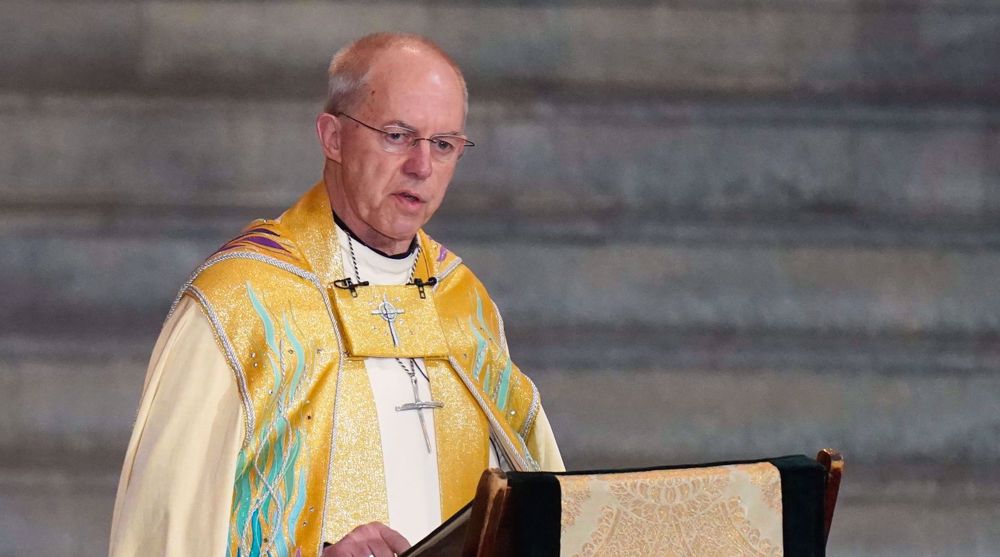
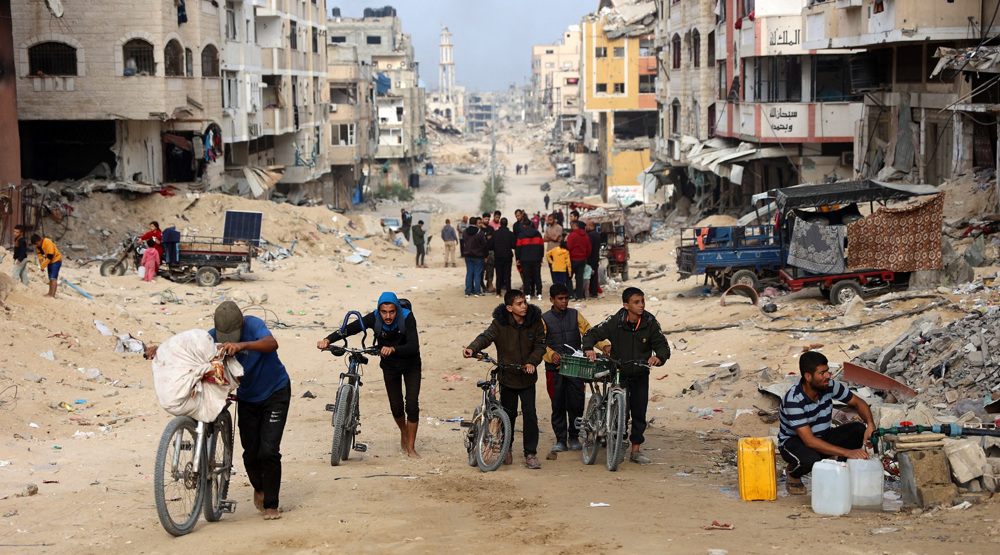



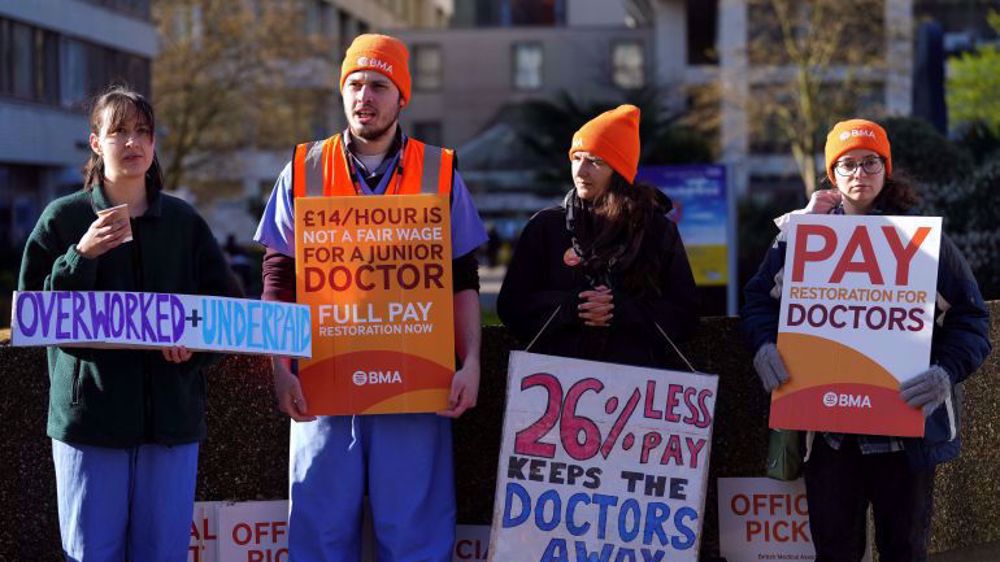
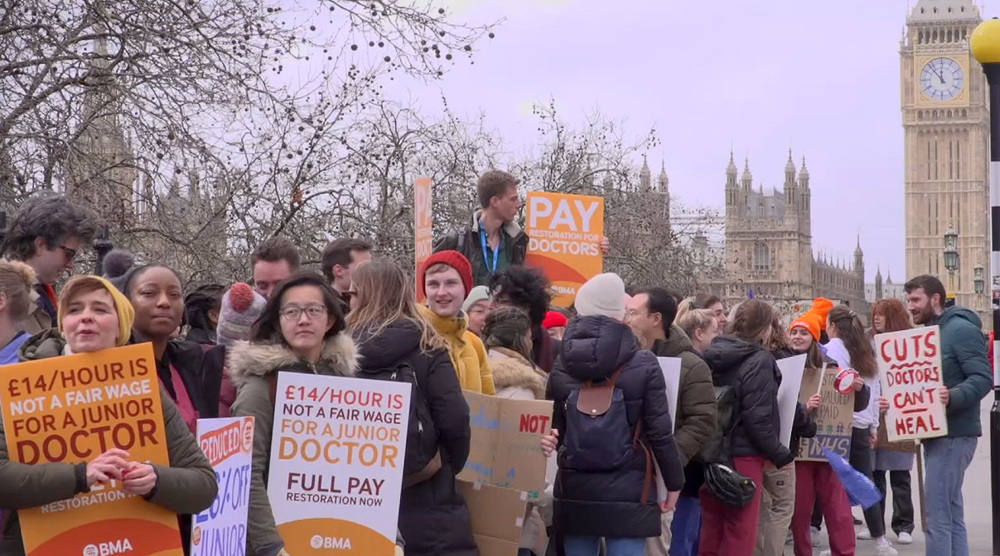
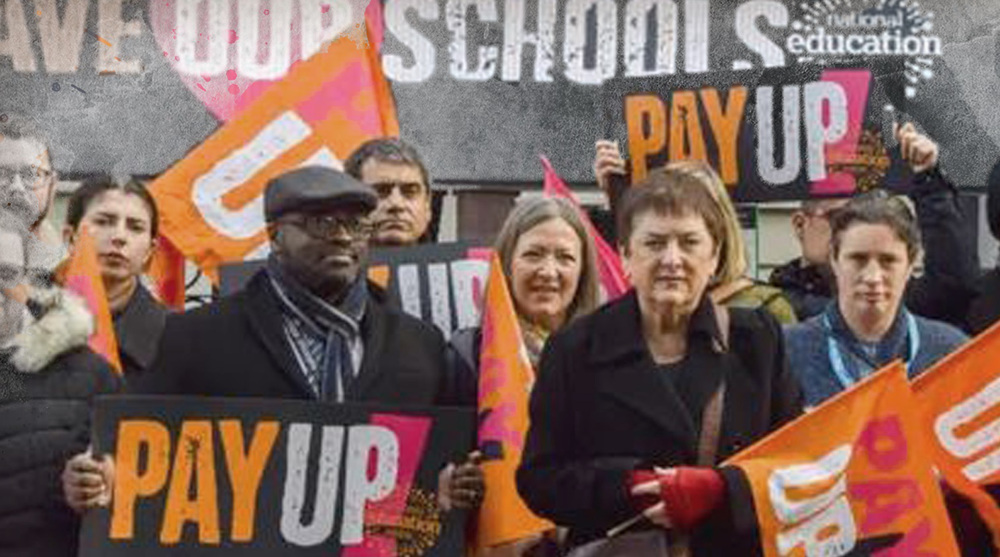
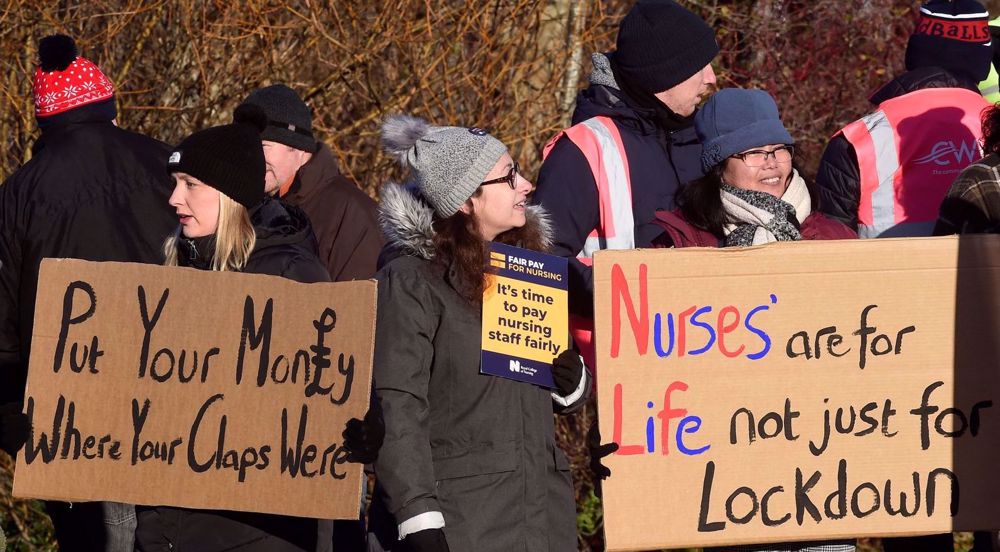
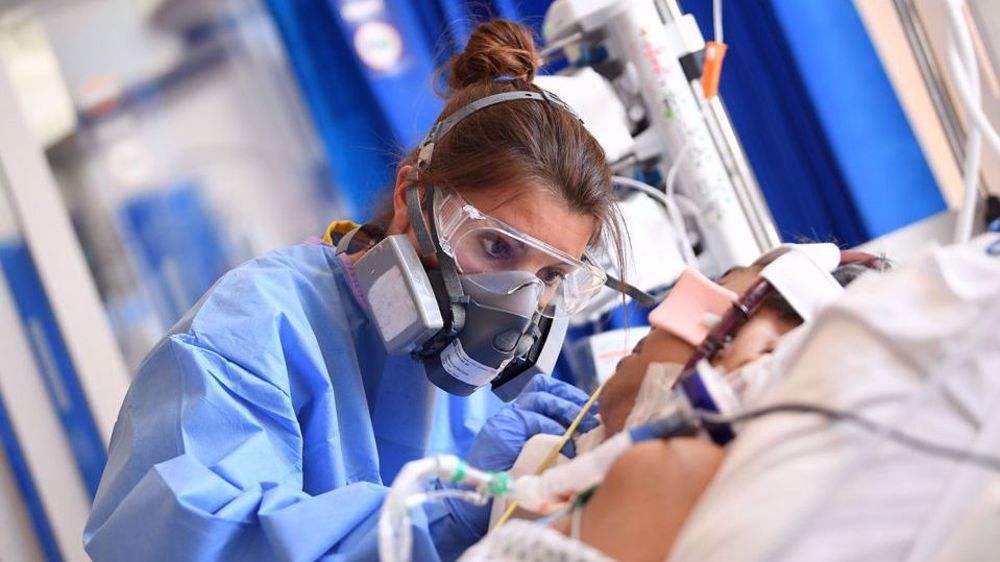
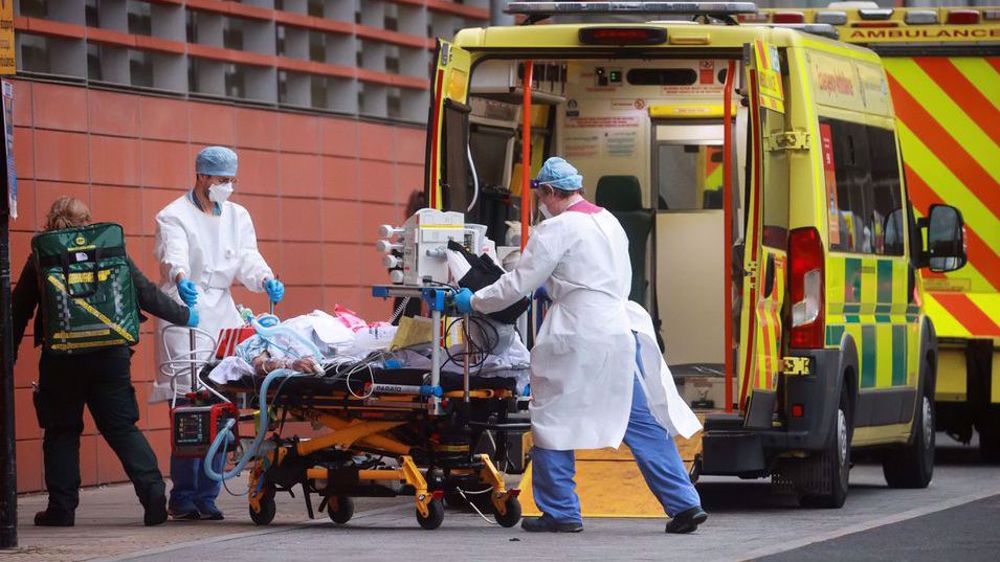
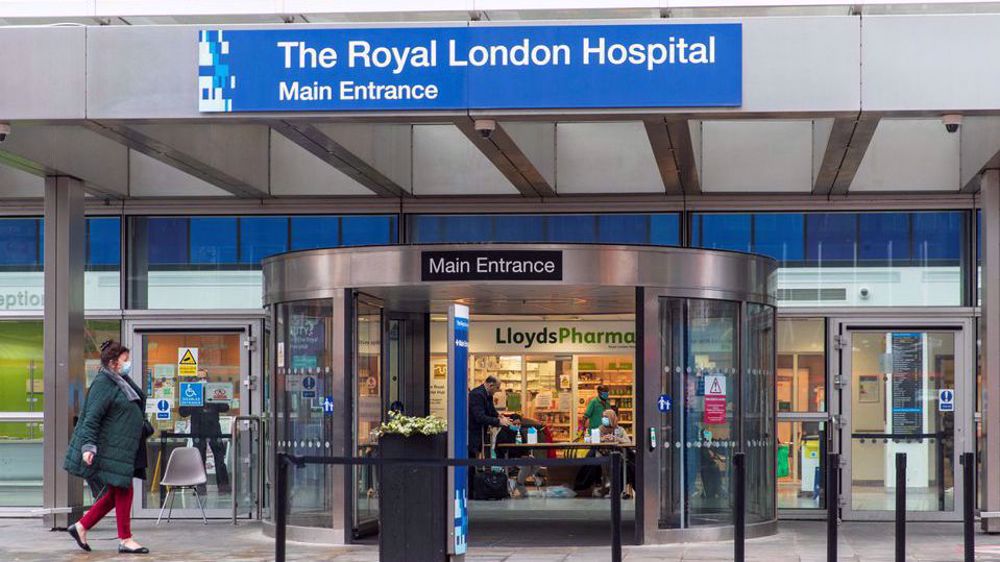
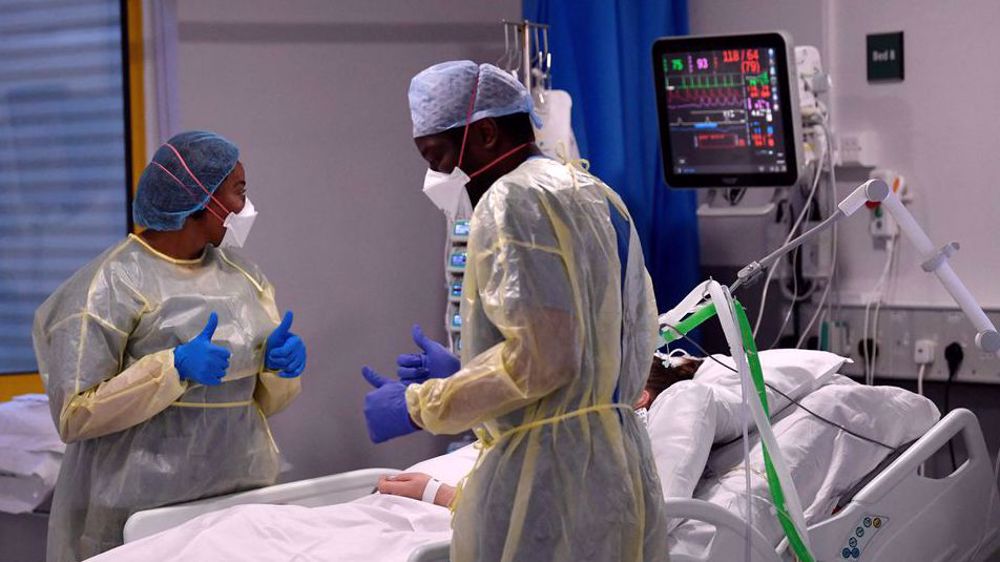

 This makes it easy to access the Press TV website
This makes it easy to access the Press TV website